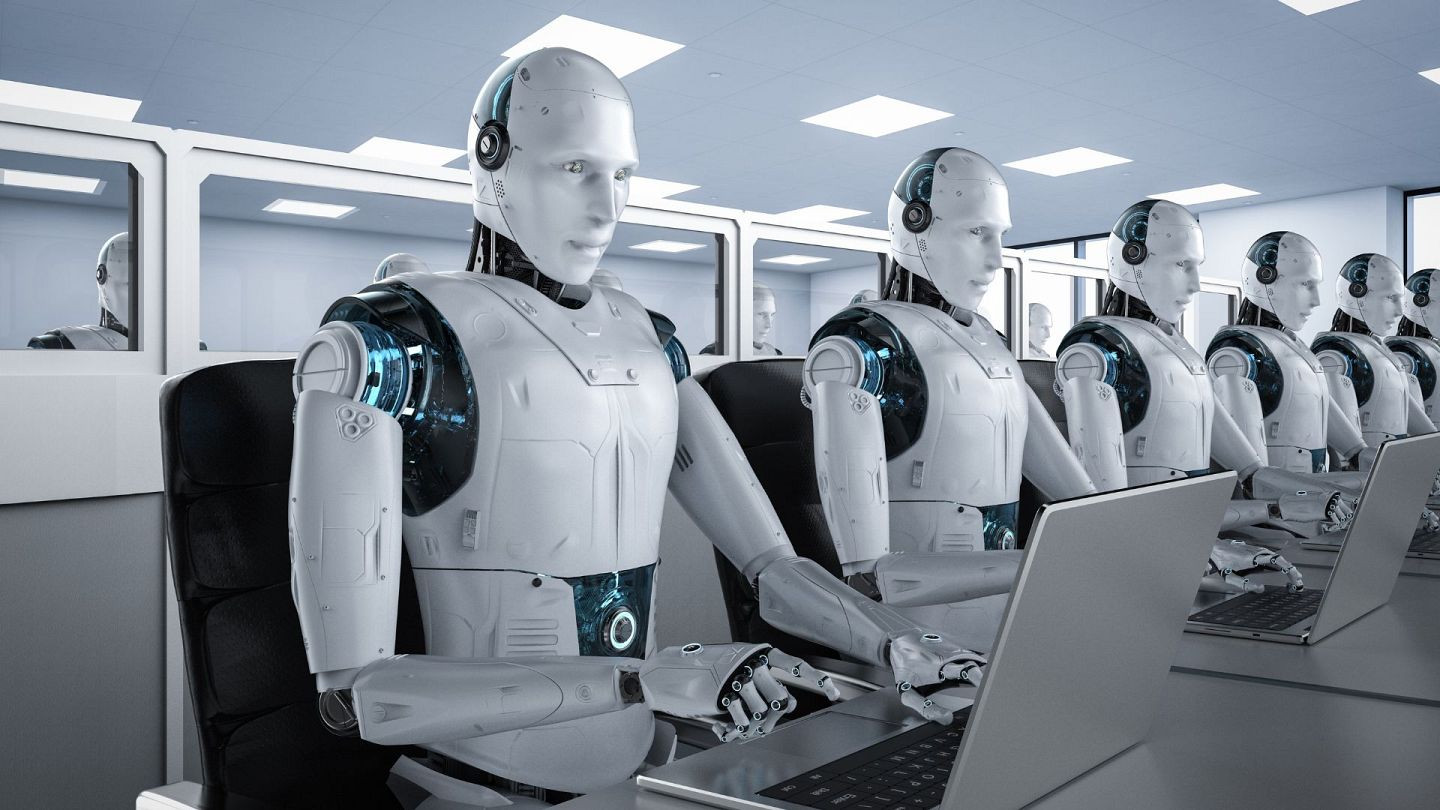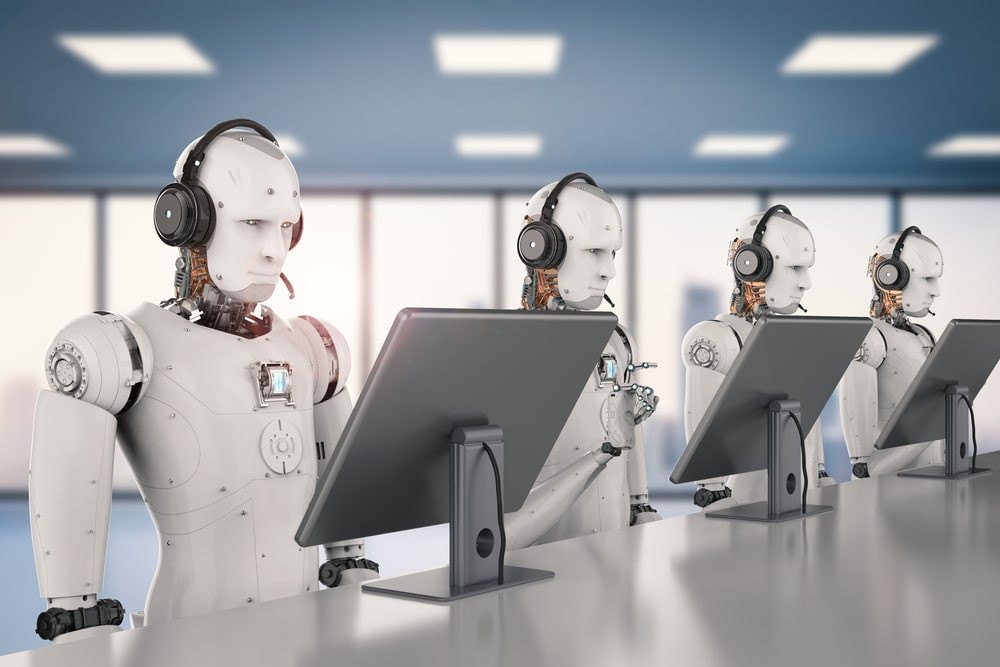The Rise of AI in the Workforce: Automation's Impact on Jobs and Skills
The rapid advancement of artificial intelligence (AI) is reshaping industries, automating tasks, and creating new job opportunities. This technological revolution is prompting a wave of speculation about the future of work. Some fear massive job displacement as machines take over human roles. Others envision a future where AI complements human capabilities, leading to increased productivity and new career pathways. This article explores the multifaceted impact of AI on the workforce, examining the potential risks and opportunities it presents.
The Automation Revolution: Disruption and Opportunity
The adoption of AI-powered automation is transforming industries, from manufacturing and logistics to healthcare and finance. Robots and intelligent algorithms are capable of performing repetitive tasks with greater speed and accuracy than humans, leading to increased efficiency and cost savings for businesses. This has raised concerns about the potential for job displacement as machines replace human workers in certain roles.
However, it's crucial to acknowledge that AI's impact on employment goes beyond job losses. The automation of routine tasks is freeing up human workers to focus on higher-level activities that require creativity, critical thinking, and interpersonal skills. This shift is creating new job opportunities in fields like AI development, data analysis, and machine learning. The rise of AI is also driving innovation in industries like healthcare, where it is being used to personalize treatment plans and improve diagnostics. For example, AI-powered imaging analysis can help radiologists detect subtle signs of disease earlier than traditional methods.
The Need for Adaptability and Upskilling
As AI continues to evolve, it's becoming increasingly clear that adaptability and continuous learning are essential for individuals and the workforce as a whole. The skills required for success in the future of work will be heavily influenced by AI. While some jobs may be automated, new roles will emerge that require specific skills, such as:
- Data analysis and interpretation: Understanding and extracting insights from vast amounts of data will be crucial for many roles, from marketing and finance to research and healthcare.
- AI development and implementation: As AI becomes more prevalent, the demand for specialists who can design, develop, and implement AI solutions will continue to grow.
- Human-centered skills: Despite automation, jobs requiring empathy, communication, and creativity will remain in high demand. This includes roles in customer service, education, and healthcare.
The Future of Work: Human-AI Collaboration
Instead of viewing AI as a threat, it's more productive to see it as a potential partner in the workplace. By leveraging AI's capabilities, humans can enhance their own productivity and tackle complex challenges. This human-AI collaboration model is emerging in various industries, from manufacturing and finance to healthcare and education.
Bridging the Skills Gap
The transition to a workforce empowered by AI requires a concerted effort to bridge the skills gap. Governments, educational institutions, and businesses must collaborate to invest in training programs that equip individuals with the skills needed for the future of work. This includes programs focused on AI literacy, data analysis, and digital literacy.
The Ethical Considerations of AI
As AI becomes increasingly integrated into the workforce, it's important to address the ethical considerations surrounding its use. This includes issues like bias in algorithms, privacy concerns, and the potential for job displacement. Developing ethical frameworks and regulations for AI deployment is crucial to ensure that it benefits society as a whole and minimizes its negative impacts.
A New Era of Work: Embracing Change and Opportunity
The rise of AI is not a threat, but an opportunity to reshape the future of work. By embracing change and investing in upskilling, we can harness the power of AI to drive innovation, enhance productivity, and create a more prosperous future. The key is to focus on developing the skills and adaptability needed to thrive in an evolving landscape where human-AI collaboration will be the norm. The future of work belongs to those who can embrace change and adapt to the demands of an AI-powered world.


















